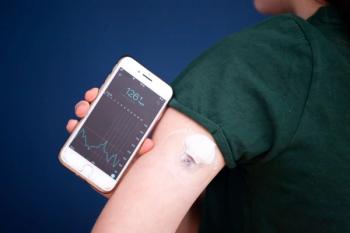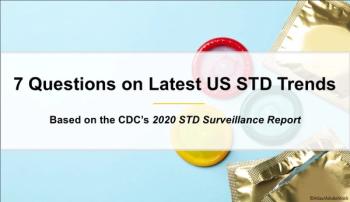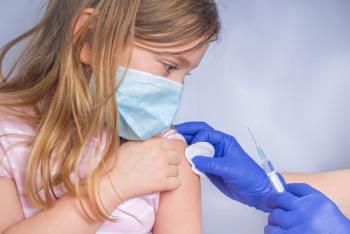
Perinatal Precautions with Hepatits B: Test your Recall
Pediatricians will answer these 2 nursery-round inspired questions with no trouble. If your Peds rotation was a while back, let's test your memory.
[[{"type":"media","view_mode":"media_crop","fid":"40550","attributes":{"alt":"Hepatitis B and perinatal care ","class":"media-image media-image-right","height":"337","id":"media_crop_9282484389412","media_crop_h":"0","media_crop_image_style":"-1","media_crop_instance":"4174","media_crop_rotate":"0","media_crop_scale_h":"0","media_crop_scale_w":"0","media_crop_w":"0","media_crop_x":"0","media_crop_y":"0","style":"float: right;","title":" ","typeof":"foaf:Image","width":"411"}}]]You are rounding one morning in the newborn nursery with an eager third-year medical student shadowing you. You have a 3-hour-old baby whose mom's prenatal hepatitis lab was positive for HbsAg. You explain that you have standing orders for this situation and the baby will receive HBIG and hepatitis B (HBV) vaccine within 12 hours of birth. The student then asks you, “I remember yesterday in your office we saw a 5-day-old baby who had vomited up blood from the mom's cracked nipples. Is it safe for this mother to breast feed? Was this a mode of transmission before we had HBIG and HBV vaccine?”
Since you are an “experienced” pediatrician (that sounds so much better than an “old” pediatrician), you practiced in the era before routine vaccination and know the answer.
You tell the student:
A. Before we had HBIG and HBV vaccine, we encouraged formula feeding because of the small, but real, risk of HBV transmission to the infant in breastfed babies versus bottle-fed babies.
B. Once the baby gets the HBIG, it will be safe for mom to breastfeed and since mom will be unlikely to have cracked nipples now, she can breastfeed immediately.
C. A and B are both true.
D. Before we had HBIG and the HBV vaccine we still encouraged breastfeeding since there was no increased risk of HBV transmission in HbsAg-positive moms who breast fed compared to those who formula-fed their newborns.
The correct answer is D.
Studies performed before the HBV vaccine was available found that breastfed infants born to HBsAg-positive mothers did not demonstrate an increased rate of perinatal or early childhood HBV infection as compared to infants who were formula fed.
The next baby you see is 2-days-old. The mother's prenatal tests were negative for HBV. Your student now asks you, “Since HBV is transmitted though sex and blood, why should the baby be vaccinated before the onset of ‘risky’ behaviors in adolescence?”
You reply:
A. Medical errors happen more than a hundred times a year in the US wherein a mother’s HBV status or test results are incorrectly reported.
B. Before the HBV vaccine was routinely recommended for all children in 1991, data from the National Health and Nutrition Examination Surveys (NHANES) found that more than 16,000 children under the age of 10 years contracted HBV from mostly unknown sources (ie, not from blood transfusions, sexual abuse, etc.)
C. We have dozens of documented cases of infants who were HBV-infected at birth born to mothers believed to be HBsAg negative.
D. All the above are true.
E. A and B are true.
The correct answer is E. A and B are true.
Option A is true. Surveys done by the Immunization Action Coalition (an organization supported by the CDC) revealed more than 500 perinatal testing and reporting errors in a 3 year period. Most of these mistakes involved misinterpreting or mistranscribing HBV screening test results, or ordering the wrong HBV screening test. Thus unvaccinated newborns are left at risk of infection. Option B also is true and this NHANES data was instrumental in the ACIP's recommendation for universal vaccination rather than vaccination for just “high risk” groups. Option C is not true. HBV infection in a neonate is asymptomatic and I am not aware of any studies that screened for this.
References:
Immunization Action Coalition. Ask the Experts: Diseases & Vaccines, Hepatitis B. Accessed August 17, 2015 and available at:
Newsletter
Enhance your clinical practice with the Patient Care newsletter, offering the latest evidence-based guidelines, diagnostic insights, and treatment strategies for primary care physicians.

































































































































